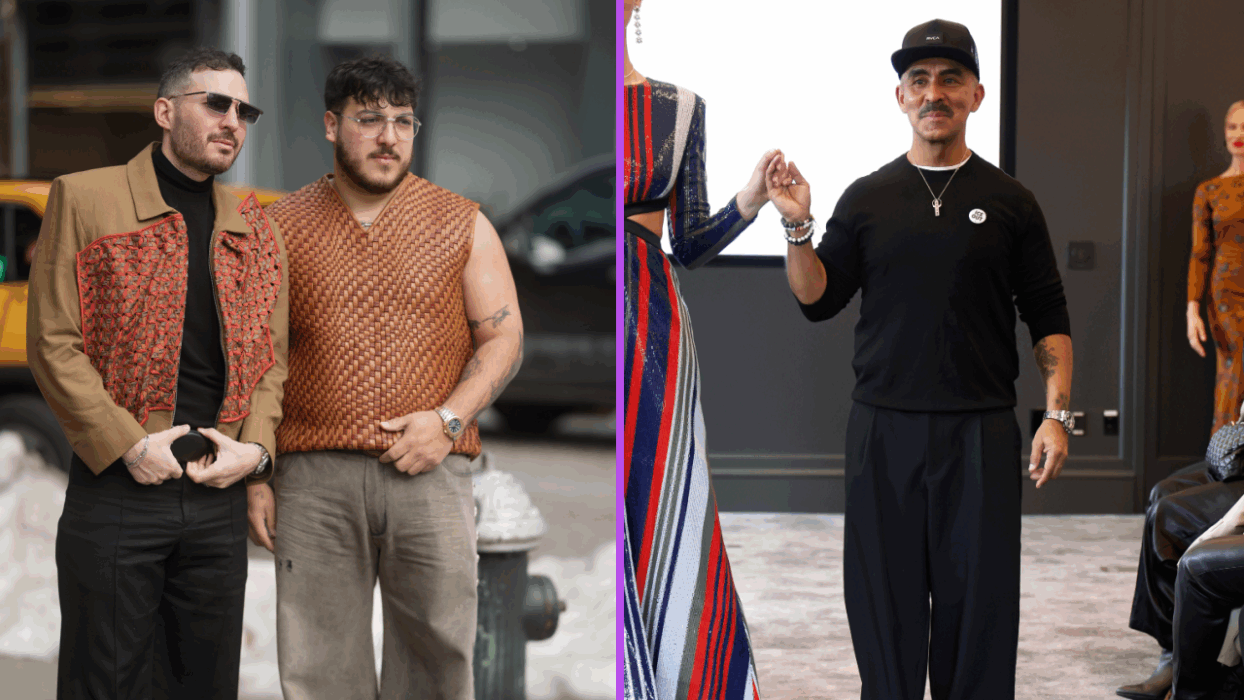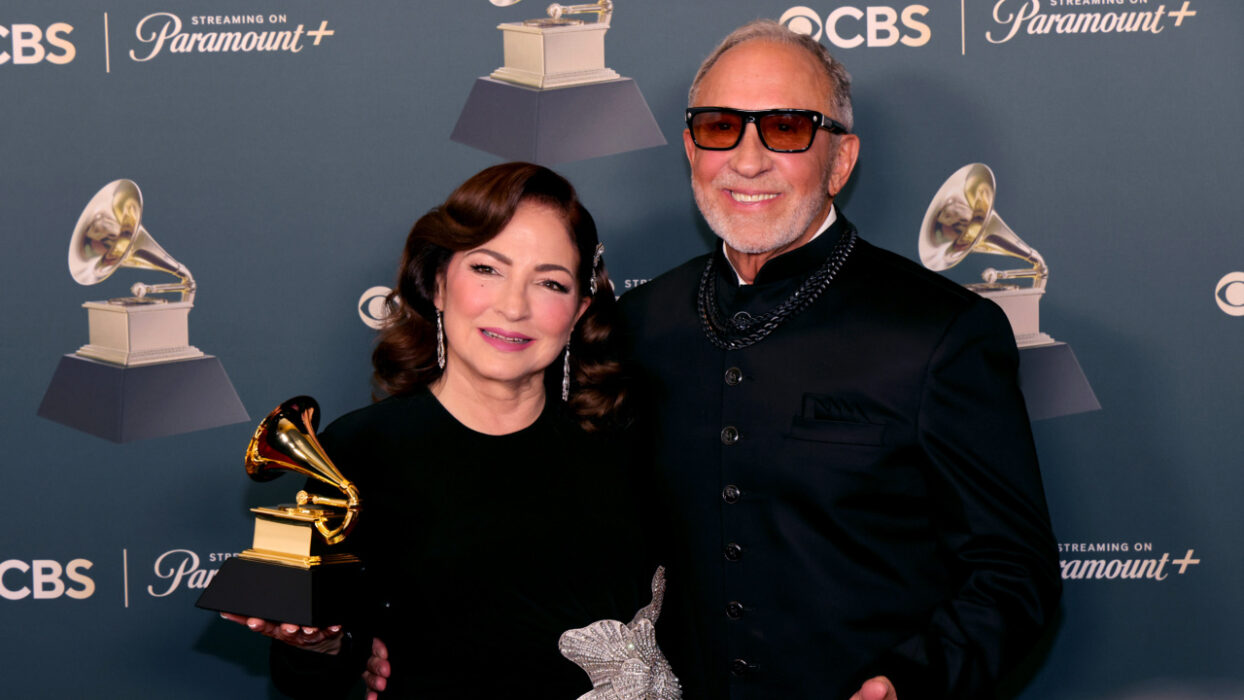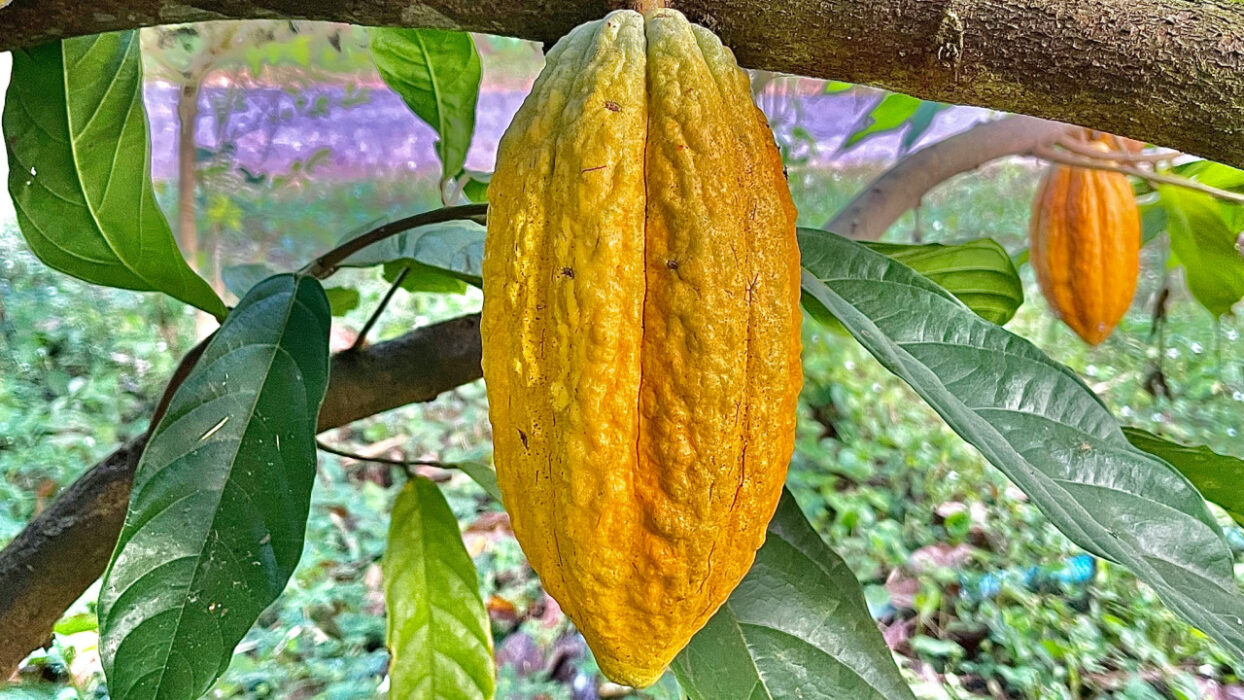
Video Opens Debate About Latinos in the US ‘Not Wanting To Speak Spanish’
TikTok user @kelvyyyy just opened a debate that resonated with many Latinos living in the U.S. — where should second-generation Latinos say they are from? If your parents immigrated, you may identify with feeling confusion when asked that age-old question: Is it the country you were born in? Where your parents were born? Or where you grew up?
While the TikTok user and many commenters expressed disappointment about second-generations denying their Latinidad or not speaking Spanish, the debate is actually quite complicated.
The reality is that a large portion of the U.S. Latinx population does not speak Spanish. In fact, while 36% of U.S. adult Hispanics are bilingual, 25% report that their main language is English. In that case, are people who don’t speak Spanish any less Latino? Most people would say no. Still, how much responsibility falls on the individual to preserve their Latinidad? If you’re a Latino who was born in the U.S., chances are, your family in your home country calls you a gringo, but white people in the U.S. ask you: “Yeah, but where are you really from?” Plus, there’s no denying that perception of race plays a huge part in that question, as many of us know so well. However, is saying you are from the U.S. and not speaking Spanish denying your identity and roots?
Everything to know about the TikTok debate on embracing Latinidad
The TikTok debate started when @kelvyyyy posted a video talking about his encounter with a waitress in a Mexican restaurant. The clip has already amassed more than 7 million views, so it clearly resonated with many people. He explained that he and his friend started talking to the waitress about each of their backgrounds. As the TikTok user has described in other videos, his parents are from China and Singapore, but he was born and raised in Panama. He told the waitress about his roots, and in turn, asked her where she was from. She replied, “I don’t consider myself Mexican. My parents are Mexican but I’m not. I’m American.”
As the TikToker described in his video, her statement shocked him, especially the fact that she does not “feel comfortable” speaking Spanish. She told him, “I don’t like speaking Spanish, I prefer to speak English.” He was confused: “I was like, ‘What the f**k did I just hear? My head exploded.” At that point, he recalled how his friend, who is from Mexico, told her: “No mames, you can tell you have a nopal on your face,” seemingly pointing to how she looked Mexican.
The waitress “did not like” that comment and gave their table to another server, who told them her friend felt “offended.”
The video opened up a debate in the comments section
The TikToker’s reply was quite simple: “Mexicans would be more offended to hear you say that. I understand you were born in the U.S., and maybe you don’t like Spanish or don’t feel comfortable speaking it. But why say you don’t consider yourself Mexican when your roots are Mexican?” He finished by saying, “I don’t think that’s right, being embarrassed of your roots.”
In the comments section, most people agreed with the TikTok user’s opinion. One person wrote, “I’m a 3rd generation American… I still say I’m Mexican… proudly. Thank you for giving her a lesson she desperately needs.” Another identified with that stance as well: “I’m a U.S. citizen but I always say I’m Mexican y lo digo al 100%.” Another joked, “I bet you she eats Mexican food at home.”
Still, some took the other side of the debate: “As a Mexican I agree, she is American.” Another wrote, “She’s American whether you like it or not, except that her roots are Mexican.”
Another toed the line of the controversy: “When you’re growing up here you get bullied for being too Mexican and not enough Mexican by your own.” Which is sadly, a reality many of us know way too well.
There’s no doubt that we should all feel proud of our roots and our Latinidad because, well, it’s amazing. Plus, a vast proportion of second, third, or fourth generation Latinos still say they are Cuban, Mexican, Peruvian, or wherever their parents or grandparents once called home. Why? Simply because of la cultura, which never goes away: the food we eat come Noche Buena, the “Tres Reyes Magos” tradition, the need to store 5,000 plastic bags under our sink, or mop with a towel wrapped around a wooden stick and some Fabuloso.
Still, should we express disappointment towards other Latinos born in the U.S. for not being “Latino enough”? With all that we already have to deal with, is it unnecessary pressure? Or a needed reality check?




